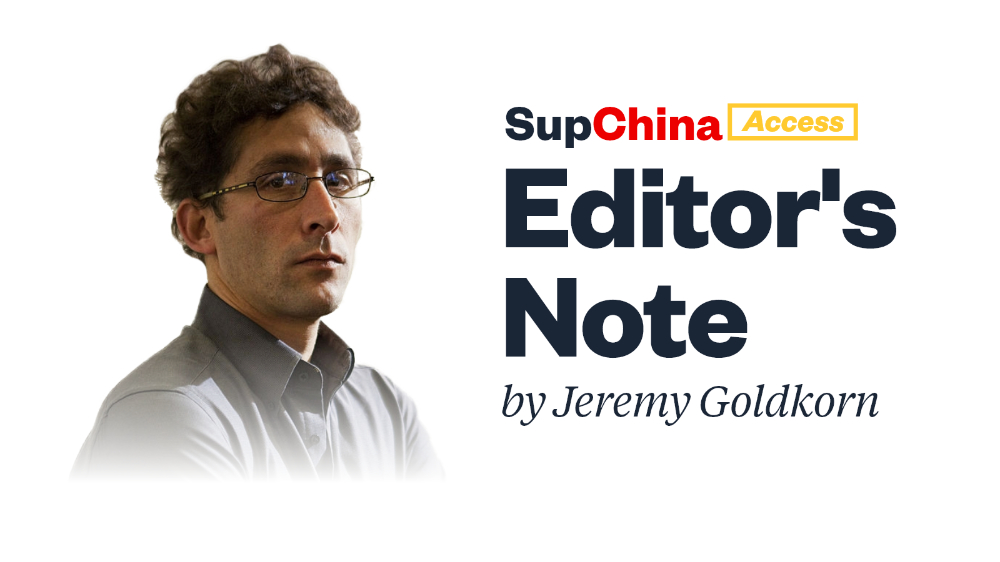Editor’s note for Monday, June 7, 2021
A note from the editor of today's The China Project Access newsletter.

My thoughts today:
Nigeria is Africa’s biggest economy, a country of more than 200 million people and serious ethnic tensions that are currently inflamed, a fascinating and important place that is almost absent from the pages of the New York Times and from the airwaves in the English-speaking world.
Here’s a quick catch-up on the west African country, and it comes with a China angle: The administration of Nigerian president Muhammadu Buhari last Friday used Twitter to announce a “temporary” suspension of Twitter in Nigeria. According to the China-Africa Project:
Many speculated that the ban was provoked by the microblogging company’s decision to delete a tweet published by the President on Thursday. However, the government rejected that assertion, saying that the administration’s action was not retribution against Twitter but rather reflects the government’s longstanding grievances against the social media platform.
Now Nigeria’s Foundation for Investigative Journalism (FIJ) reports:
On Saturday morning between 11 a.m. and 12 p.m., as Nigerians woke up to the reality of a Twitter ban, and downloading Virtual Private Networks (VPNs) to access Twitter, the Nigerian government, through the office of the Presidency, reached out to the Cyberspace Administration of China (CAC) to discuss plans to build an internet firewall.
Under Xí Jìnpíng 习近平, CAC has become China’s most powerful internet regulator, and therefore the most powerful internet censor in the world. It’s not good news for freedom of speech in Nigeria if Buhari is taking lessons from CAC.
On June 1, Bloomberg ran a story titled “Xi seeks ‘lovable’ image for China in sign of diplomatic rethink,” based on remarks reported (in Chinese) by Xinhua News Agency. The Bloomberg piece started a cascade of speculation that Xi Jinping wants to put an end to wolf warrior diplomacy.
But you’ll reach no such conclusion if you read the actual Xinhua report (which Adam Ni has translated into English). Xi does say that China should shape an image of China that is more “trustworthy, loveable, and respectable.” But the rest of Xi’s remarks are of a piece with all recent government exhortations to strengthen China by telling “Chinese stories with Chinese voices,” and by showing confidence to the world in the Communist Party’s rule.
Our word of the day is:
Strive to create a trustworthy, loveable, and respectable image of China
努力塑造可信、可爱、可敬的中国形象
nǔlì sùzào kěxìn , kěài , kějìng de zhōngguó xíngxiàng
—Jeremy Goldkorn, Editor-in-Chief






